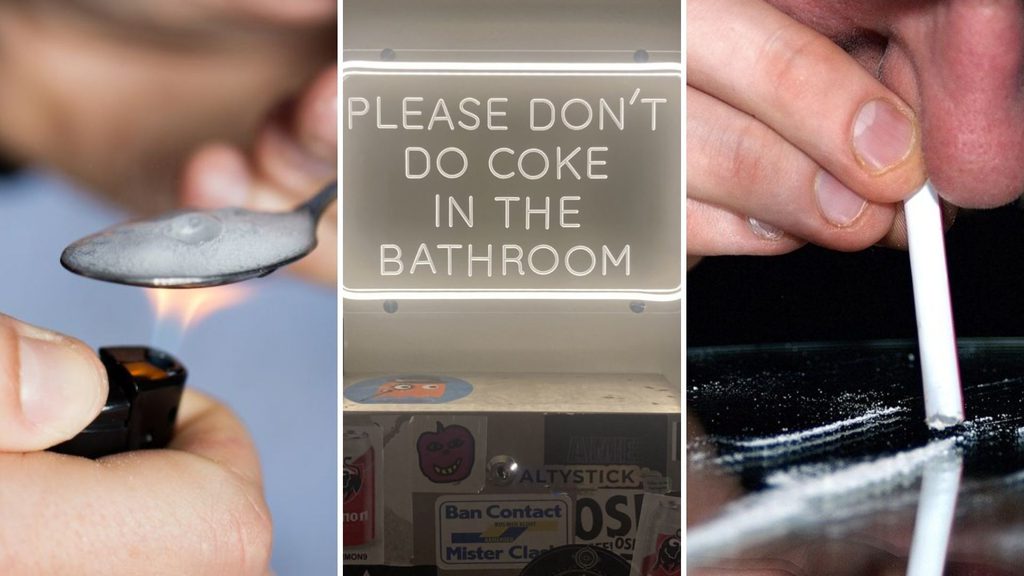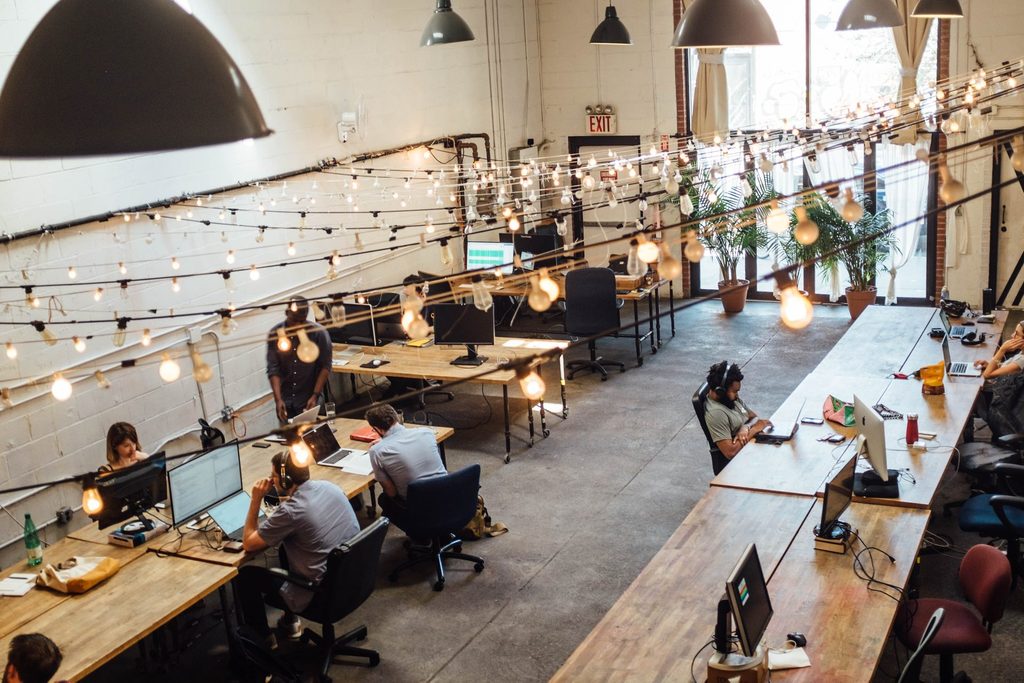Belgium's ascent to the cocaine capital of Europe has been largely down to the fact that big-time smugglers now see Antwerp mega-port as a chink in Europe's customs armour.
Coupled with the fact that 60% of EU purchasing power is within a 500km radius, Belgium has become the transit hub for continental distribution (not dissimilar to how Belgium is the nexus of Russian LNG imports).
Despite news stories showing ingenious methods to conceal the valuable contraband, the essential tactic of traffickers is to hide such enormous quantities of fine powder among the billions of tonnes of goods that it couldn't possibly all be located. With 7.5 million containers passing through the port each year, officials estimate that 11% of cocaine is intercepted. As long as this remains below 20%, the trade is lucrative enough to make up for loss along the way.
But although Belgium serves simply as the first port of call for drugs that will then be sold elsewhere, it's no surprise to find that cocaine use is also rising here – last year the European Monitoring Centre for Drugs registered a 10% rise in cocaine use in Antwerp over 10 years; in Brussels it was 28%. Latest figures show that from 2013 to 2018, the share of the population that had consumed cocaine in the past 12 months tripled.
The logistics of the trade are fascinating by themselves, as is the spread of an ostensibly nondescript white powder through society. Yet the effects are no less noteworthy and tell a lot about public opinion and media attitudes. If drug coverage is awash with hypocrisy and moralising, it might be because drug policy also aims at some users whilst turning a blind eye to others.
To explain the class distinctions within drug consumption in Brussels, a specialist from Project Lama, which manages therapeutic drug addiction centres across the capital, called out the focus on a recent spike in crack use within the city that has obscured a surge in middle-class cocaine use.
Though both drugs are the same chemical compound, the habits of consumption, politics and perception towards them are worlds apart. Whereas one is the stuff of back allies and metro stations the other is more common in the "Horeca context" (bars, restaurants, nightclubs).
This might seem obvious, but the difference is rarely remarked. Perhaps that should change. Let @Orlando_tbt know.
Belgium in Brief is a free daily roundup of the top stories to get you through your coffee break conversations. To receive it straight to your inbox every day, sign up below:
1. Middle-class cocaine use overlooked amidst Brussels crack epidemic
The recent surge in the use of crack in Brussels, notably around parts of the city centre, distracts from the growing prevalence of middle-class cocaine use, leading some experts to call for health solutions not just for addicts but society as a whole. Read more.
2. Belgians work less than other Europeans (but still far more than the Dutch)
Earlier this year, Belgian Prime Minister Alexander De Croo prompted a storm of controversy when he claimed that his fellow Belgians need to "fight and work" harder to ensure the nation's long-term economic prosperity. Read more.
3. Fixing migration: De Croo calls for legal channels to Europe and promotes 'the African dream'
For two years Belgium has failed to provide asylum seekers with the shelter to which they are entitled. In his speech at at the UN General Assembly Prime Minister Alexander De Croo focused on curbing illegal migration but also creating legal pathways into Europe. Read more.
4. Fighter jets for Ukraine: Belgium reconsiders sending old F-16s, De Croo confirms
The Defence Ministry will investigate whether Belgium can send F-16s fighter jets to Ukraine after all, Prime Minister Alexander De Croo confirmed. The army had previously declared that its fighter planes were too old and that Belgium needed them itself. Read more.
5. Brussels residents increasingly finding work in Flanders
At the end of 2021, 56,067 people from Brussels were working in Flanders, according to an official count carried out by the Brussels and Flemish employment administrations consulted by L'Écho. Read more.
6. Father of memes: 'Hide the Pain Harold' spotted in Brussels
The man considered to be the father of internet memes, 'Hide the Pain Harold', paid a visit to the Belgian capital this week, to the great excitement of local fans. Read more.
7. Georges-Louis Bouchez: The man who wants to charm everyone
Georges-Louis Bouchez, the young leader of the liberal MR party enjoys an enviable public profile as a political heartthrob who seizes every chance to make his case. Read more.


